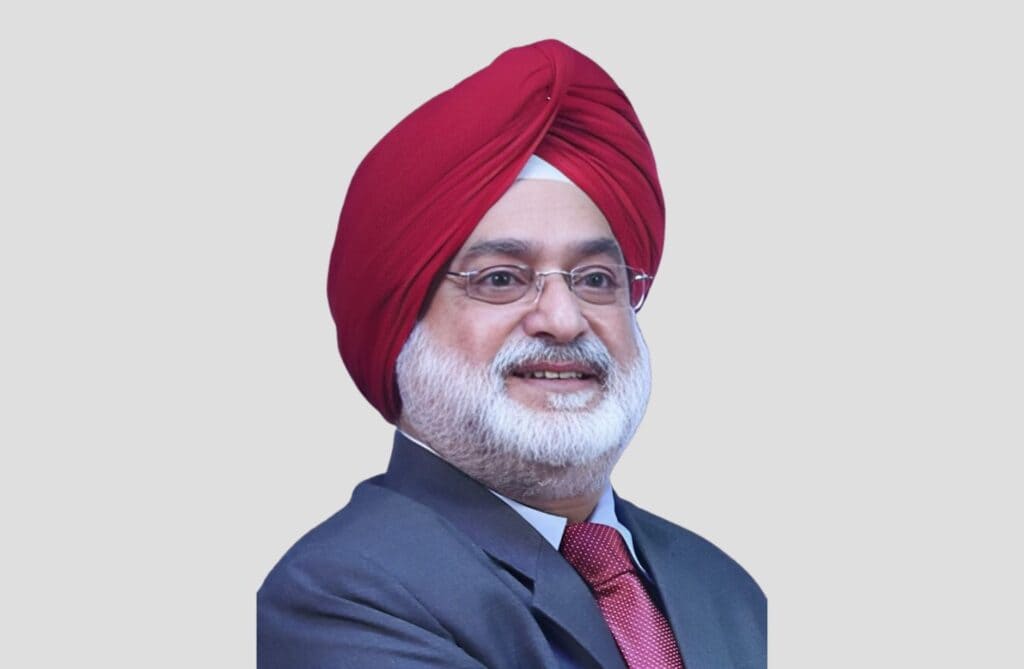Millennials are currently 35 per cent of the workforce, outnumbering both Generation X and Baby Boomers. What’s more, is that they are slated to become 75 per cent of the workforce by 2025. Certain industries do not currently appeal to Millennials because they are interested in more than just making a living. One such industry is Logistics & Supply Chain Management. Fewer Millennials are interested in it, however, we do see a few of them joining the industry too.

Millennials, join by choice or by chance?
Avishkar Srivastava, Chief Innovation Officer, The PDP Group joined the family firm after graduation in 2014. “I was born into a family that was highly passionate about logistics,” he explained. However, as a youngster, I was unsure whether I wanted to work in logistics. There was a negative perception of logistics among millennials, with an unorganized work culture, excessive working hours, a lack of respect, and a low acceptance rate for innovative ideas. “I considered working in my family firm for a year to see if I could genuinely contribute to the industry. As my involvement grew, I realised the significance of logistics to the global economy. We are working on stringent deadlines as an industry and coordinating with numerous agencies to finish each cargo on time and efficiently. I understood that if we approach things in a more systematic manner, this industry has enormous potential for revolutionary growth, and this became my primary purpose. I began by focusing on organisational structure and operational efficiency by fostering a collaborative team culture across divisions.”
Impact as a Millennial
Avishkar says, “As a millennial, I wanted my office environment to be inviting and to be viewed as a place where everyone can transparently communicate their ideas.” Supply chain logistics, in my opinion, is all about teamwork. I concentrated on improving the human resources department, and we engaged industrial psychologists to help bridge the gap between employer and employee. We have witnessed a significant increase in productivity as employees throughout the organisation are aware of their contributions to the company’s mission statement. I was able to go beyond the day-to-day operations by developing an effective system with a structured allocation of responsibility.
Influencing modern mobility
Avishkar believes every generation contributes their own set of perspectives to the profession. Millennials are often focused on embracing technology to make the workplace more efficient. They are affecting supply chains by analysing existing processes and adding their own unique insights to improve process efficiencies. We want to be viewed as leaders, not as bosses. As millennials strive to be more personable, this is causing a cultural shift in the worldwide logistics scene. We also consider sustainability to be an essential aspect, and we are more willing to explore new means of transportation that minimize carbon emissions.”
“As a Millennial, I Wanted my office environment to be inviting and to be viewed as a place where everyone can transparently communicate their ideas.” Supply Chain logistics, in my opinion, is about teamwork.
Avishkar Srivastava
Initial days challenges
“Millennials join the industry with a lot of ideas about how they want things to be”, Avishkar said. In the early days, we may not be in touch with how things actually are in the organisation. As a result, millennials frequently feel out of place in their early days. We meet folks who have been with the company for a long time and have a set of beliefs. We are normally highly interested in questioning everything in order to improve processes and frequently encounter opposition in terms of people adapting to our proposed adjustments. I feel the most difficult challenge for millennials during their first few months at a company is remaining patient. We are more receptive to participating in discourse with our employees once we realize we are in this sector for the long haul.”
‘Traditional methodology’ vs. ‘modern managerial approach’
According to Avishkar, “‘generation gap’ is a commonly used word.” Personally, I believe it is entirely dependent on the structure of any firm. The first question is why an organisation should change its approach simply because a millennial requests it. Before considering making changes, we, as young people, must first question whether we genuinely comprehend the current managerial approach. We are often too fast to make changes without fully comprehending the implications, and the seniors have enough experience to recognize this. When our opinions are not accepted, we blame it on a “generation divide.” I firmly believe that young people must play a significant role in gaining the trust of seniors before implementing large-scale changes through the use of technology and new management tools.”
‘Handover of responsibilities’
“I am fortunate to work in an institution that is always open to new ideas and procedures,” Avishkar says. I began my professional career by holding frequent meetings with our team members to better grasp operational challenges. By doing so, I became aware of several areas in which improvement was required, and I began to get involved in order to fill the gaps. Slowly and surely, I became involved in learning about the various departments’ work roles. Looking back, I believe the transition occurred in a fairly organic and gradual manner. “
“It was a step-by-step process that began with the basic level of operations.”











